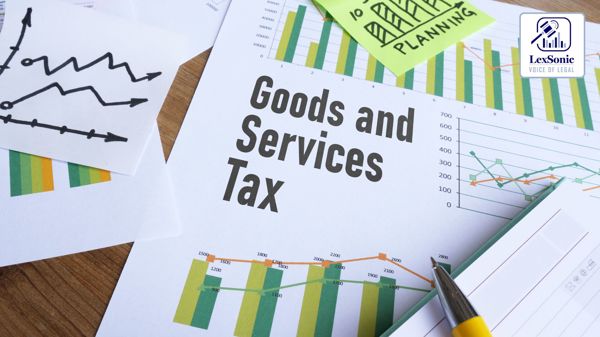Court Dismisses Petitions Challenging GST Notices, Directs Petitioners to Pursue Appeals.
26 August 2025
Civil Writ Petition >> Civil & Consumer Law | GST >> Tax Laws
While presenting their case in court, the petitioners contended that the orders and notices were made without jurisdiction. Their attorney, Mr. Bhutekar, presented the argument that there were no allegations of fraud, willful misstatement, or concealment of facts in the notices, which are essential requirements under Section 74. He contended that because these allegations had not been made, referring to Section 74 was invalid, and the orders passed on such notices ought to be made illegal. He further argued that the State Authorities who issued the notices were not empowered to do so, relying on judicial precedent for his contention.

Counsel representing the tax authorities, Ms. Vyas and Mr. Mishra, opposed the petitions vehemently. According to them, the petitioners already had statutory remedies in the shape of appeals pending against the adjudication orders, and hence the writ petitions should not be entertained. They further argued that the notices had been sent well within the three-year period allowed under Section 73(10) of the CGST Act, which doesn't need any implication of fraud or concealment of facts. They also elucidated that both Central and State authorities were competent to issue such notices and rejected the argument that there was some admission to the contrary.
The Court considered the adverse submissions and noted that the petitioners had already moved appeals before the appropriate appellate forum. As the appeals are pending, it was not fitting for the Court to straightaway settle issues of jurisdiction or interpretation of Sections 73 and 74 at this point. The judges added that even if the incorrect section had been referred to in the notices, that would not render them invalid because they could be maintained under Section 73.
In the end, the Court rejected the petitions, issuing liberty to the petitioners to continue their appeals where all legal points would be able to be argued and determined. It made it clear that its remarks were merely prima facie and ought not to prejudice the appellate authority in determining the cases. No costs were ordered on either side.
Section 73, CENTRAL GOODS AND SERVICES TAX ACT - 2017
Section 74, CENTRAL GOODS AND SERVICES TAX ACT - 2017
CENTRAL GOODS AND SERVICES TAX ACT, 2017
